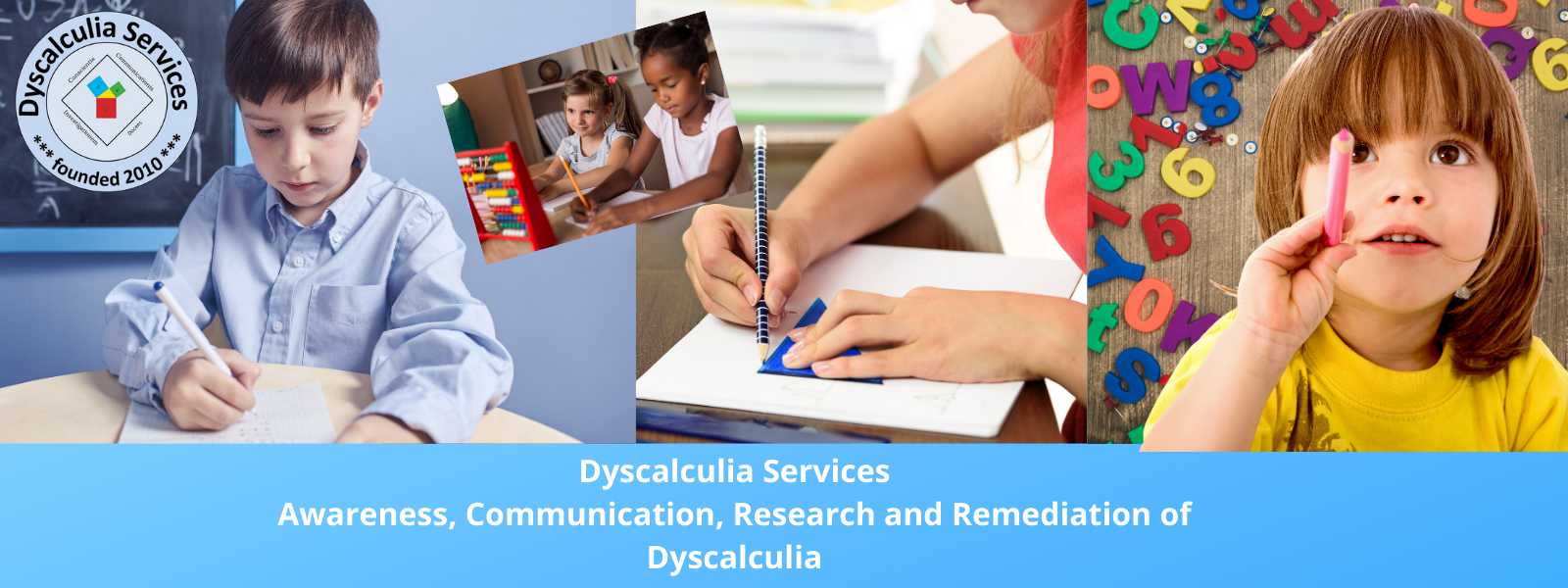Students are different in interest and abilities, some need more repetition and some need hardly any. An interactive, self paced option can offer advantages to both.
New technology is here to help us. As dedicated teachers and tutors, we would love to be the proverbial octopus that can tailor instruction to 8 different learners at the same time, but in reality it’s not working and our national math achievement is not something to be proud of. I am ready to accept the helping hand of technology as long as it is truly research based and the student is not left to his own devises when he stumbles.
Internet programs are very convenient, can be used anytime in school and at home and will help bridge the long summer holiday, when many newly learned math abilities are forgotten.
Interactive Math learning software should have attractive, but not overpowering graphics: the attention is still on the mathematical content instead of on the comic or movie part. Notice in what way errors are handled. The progression from one concept to another should be clear and logical so students do not get frustrated with questions that are too hard, and teachers/parents/tutors should be able to monitor progress and still be able to step in where needed and cheer the successes.
There are numerous good websites for classroom and individual use.
For example, the Illuminations website run by the NCTM and the NASA website have a list of Math activities and lesson plans per grade band. The GeoGebra website can be used both in the classroom and by individual students.
Have a look at the SHODOR.org website, a National Resource for Computational Science Education. They maintain a great website, under Activities and Lessons you will find ‘Interactivate’, showing students over 100 math concepts in a novel interactive way.
The great advantage of websites for individual use is differentiation. Many programs provide drills for arithmetic, and there is a growing number of websites that present concepts for white boards in a novel way that is not possible with text books alone.
A few suggestions from the long list of math oriented websites that can be used for individual learning for younger students with dyscalculia are the Number Race and the Number Sense website. Websites that offer all levels are the Khan Academy and the BBC ‘Bitesize’ wesbite. Middle and High school students can use Connected Math and School Yourself. Also check out the Mind Research Institute. (The first six are free).
The Number Race and it’s follow up the Number Catcher was developed for ages 4 – 8 by Dr. AJ Wilson in collaboration with Dr. S Dehaene from the Unicog Institute (INSERM) in Paris and it is available for free from SourceForge in several languages. It uses recent research in neuroscience to specifically target youngsters with dyscalculia.
The London Knowledge Lab developed the Number-Sense website, with five highly acclaimed activities for students with dyscalculia: Learn Time, Numberbonds, Dots2Track, Numberline, and Chicks Test. You will also find the contact to the Low Numeracy Network and can sign up for regular updates and new information on the topic (using Adobe ShockWave Player).
The Khan Academy has super clear lessons presented on a ‘blackboard’ with oral explanations in all levels, from simple addition to multivariate calculus. There is a built-in progression, that takes students on a journey through the areas of Math and a progress monitoring system. Teachers can connect with their students using the Coach function. Unlike many educational computer programs that span only elementary, middle school or high school level, this one spans many levels, so the student on the verge of one of these school borders does not need to wait till graduation day…
The BBC Bitesize website has a wealth of interactive and fun Math games and learning activities. The games and activities are grouped according to level: KS stands for Key Stage. KS 1 and 2 are for elementary, KS 3 and 4 for middle and high school, and GCSE stands for General Certificate of Secondary Education. Most of the lessons have three parts. 1. Revise: the explanation how it works, 2. Activity: amazing way to learn the content, with immediate corrections, and 3. Test: after the test you can print your answers with guidance for correct answers.
The Connected Mathematics Project for Middle School at the University of Michigan offers a lot of information, not only math content for students, but also a section with in depth explanations for parents, who like to help their teenagers and interactive resources, including online math games using Java: Connected Math
A brand-new website for Middle and High School is SchoolYourself.org It offers great oral explanations and visuals. Students are asked to participate in various points during the explanations and hints are provided to go to videos where you can brush up the required basic knowledge. Virtual Nerd is another new website that has great tutorials for middle and high school www.virtualnerd.com
Check out the Mind Research Institute, a neuroscience and education-based non profit corporation: www.mindresearch.net. They developed a math game where a penguin Jiji has to overcome obstacles using mathematical concepts: the kids love it and it is effective too!!
Happy calculations!
